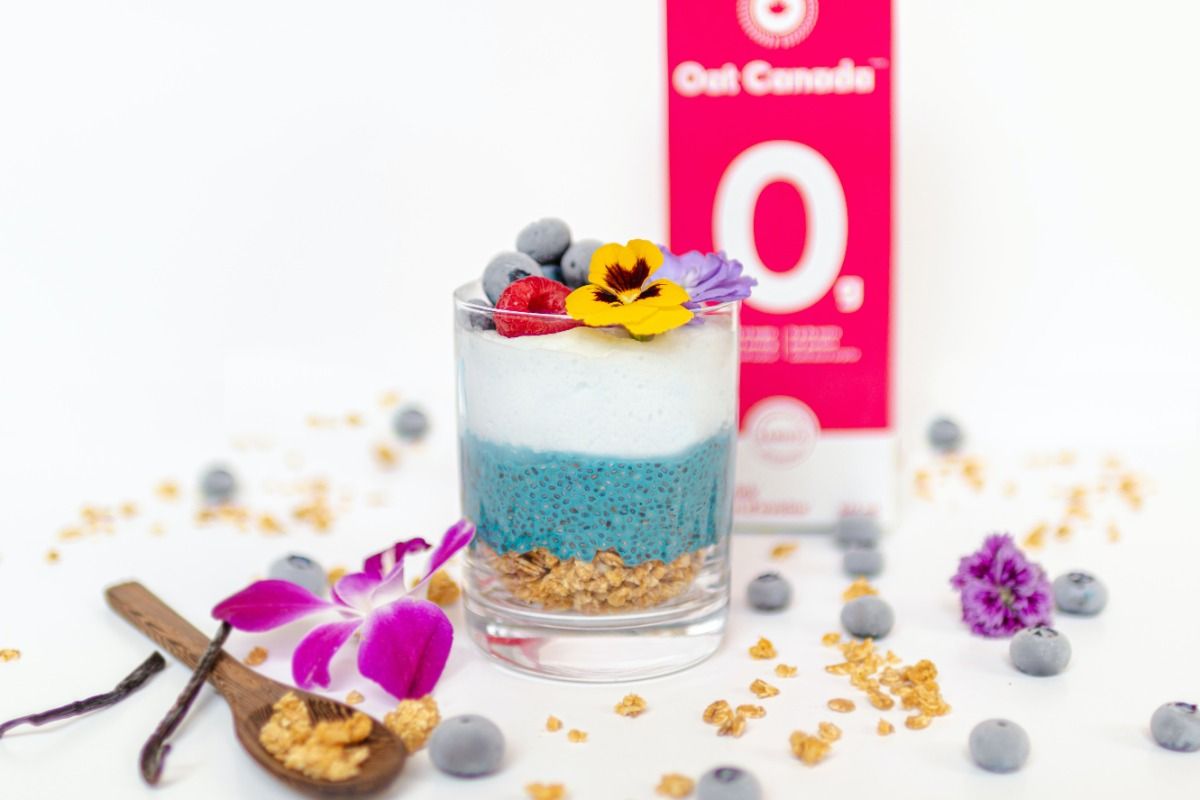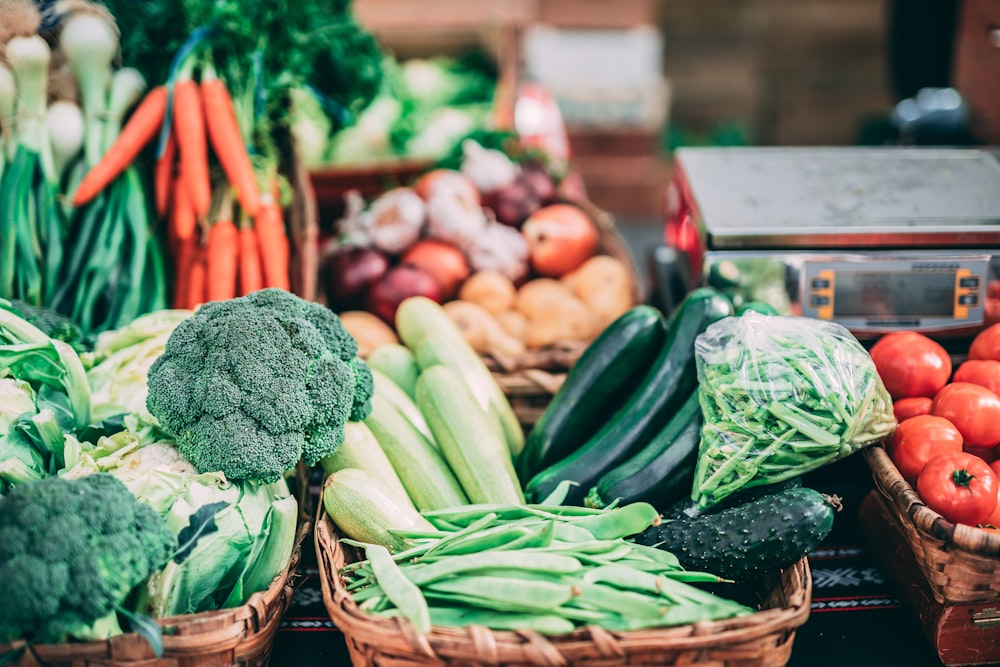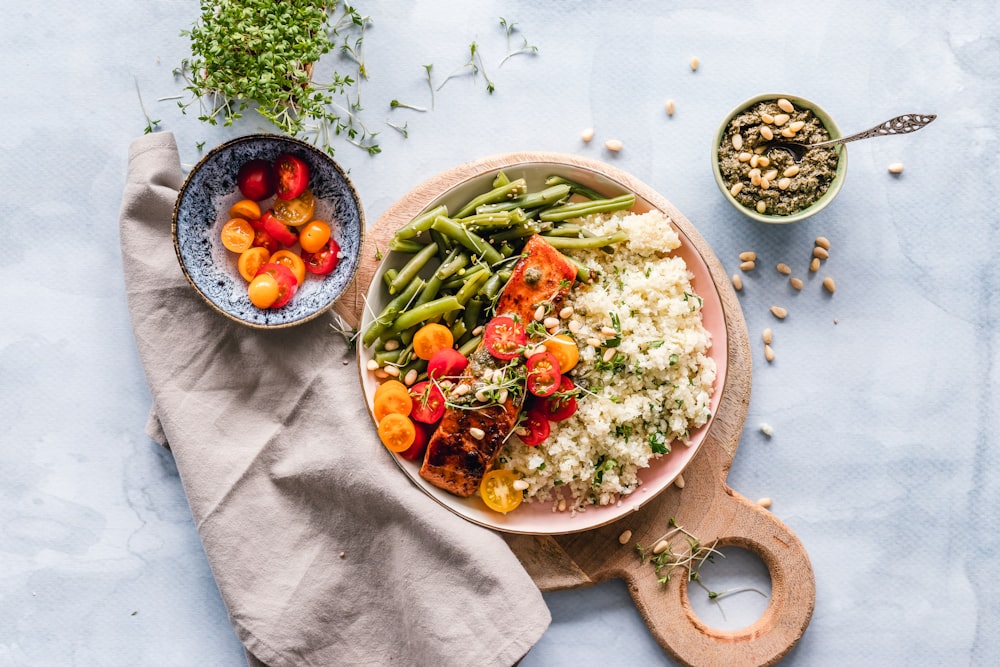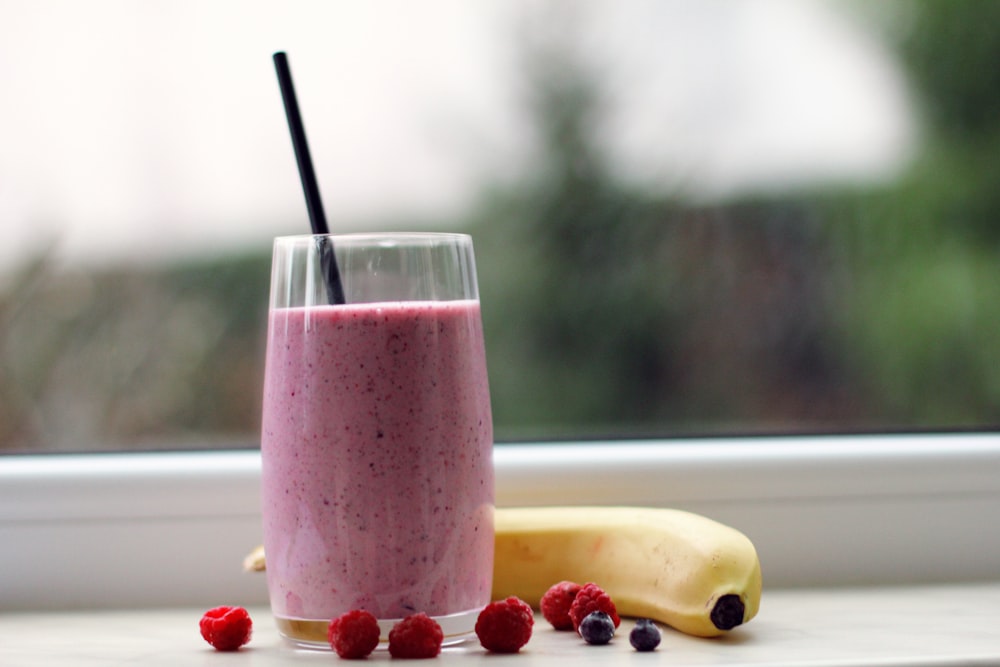
The word is spreading about the health benefits of a plant-based diet, and more and more people are incorporating more plant-based meals into their lives. Some people are even switching to strictly plant-based diets, and giving up meat altogether.
The benefits of a plant-based diet include increased physical and mental energy, better heart health, decreased cancer and disease risk, improved brain health and potentially a better overall mood.
Do you currently follow a specific diet? Many of us do. In fact, a survey conducted in 2018 by the CDC showed that 17% of Americans followed a special diet, which is 3% higher when compared to the data ten years prior. One common theme has been at the center of every trend: people are moving towards a more plant-based diet. People seem to be leaning in, eager to reap the benefits of a plant-based diet.
For non-vegetarians, giving up meat and other animal-based proteins is no easy feat. Consuming animal-based proteins such as meat, dairy, eggs and foods rich in Omega-3 fatty acids (like fish) actually cause our dopamine levels to rise, providing us with a nice hit of the feel-good hormone shortly after we eat it. Additionally, there are plenty of other good reasons to put meat on your plate. Meat helps stabilize your blood sugar levels, is very high in fatty acids, protein, iron and vitamin B12. It also contains creatine, a supplement that increases muscle mass, improves strength and aids in muscle recovery but is not found in plant products.
However, eating meat (especially too much meat) has its downsides. For starters, it’s not sustainable. It requires a vast amounts of resources to raise, feed, process and transport livestock. The ethics of eating meat are a concern for many people as well. The consumption of meat has also been linked to certain cancers, higher cholesterol and heart disease.
The Rise in Popularity of Plant-Based Diets

Environmental, ethical and health concerns seem to be the driving force behind the increased popularity of plant-based diets.
When Beyond Meat came out with their delicious plant-based burger patties, they were an instant hit at the grocery store.
There is a lot of controversy surrounding the issue of whether or not to give up meat, with vegans citing both the moral and health benefits of it, and meat-eaters or omnivores pointing out the need for supplementary aids to get the adequate nutrients missing from plant-based diets. Luckily, as the food industry diversifies with more plant-based products, there are more options available to help make a plant-based lifestyle not only sustainable, but also delicious and enjoyable.
Animal Nutrients
When we consume protein, our bodies don’t store it. We use it right away. Protein is an essential macronutrient needed to maintain the cellular and molecular structure of our muscles, tissues and cells. Protein can be found in all kinds of foods, but the highest quality source of it comes from animal sources.
Our bodies do a pretty good job of producing the right non-essential amino acids we need, but it relies on us to get the essential ones from our diet, and unfortunately, plant-based sources of protein just can’t compete with meat.
Animal meat is a ‘complete’ protein, meaning it contains all the essential amino acids, whereas beans, soy, nuts and lentils (plant-based sources of protein) are incomplete; they are each missing at least one of the amino acids humans need so our bodies can function optimally.
Many meat-eaters particularly don’t want to give it up because meat is such a great source of iron. There is enough evidence to suggest that cooking and eating meat is what made the human brain grow the way that it did. In fact, iron deficiency has been linked to cognitive decline and brain-related disorders like dementia and low IQ.
However, today, we now know that a plant-based product called raw cacao has incredibly high amounts of iron, and that there are plant-based sources of iron.
Plant Nutrients
Because of the differences in molecular structure, plant proteins are harder to break down than animal proteins, with some exceptions (chickpeas and mung beans, for instance, are much easier on the digestive system than soy is for some people.)
On the flip side, this delay in digestion keeps us feeling satiated for longer periods of time. We’ll feel fuller for longer from plant proteins quite often, which might prevent binge eating or unhealthy snacking.
Plant-based foods often contain a lot of essential vitamins and minerals that make us look and feel healthier.
There are many other benefits of a plant-based diet, too.
Studies have shown that vegetarians and vegans are far less likely to become obese, they have healthier levels of cholesterol, and are at a decreased risk of developing certain cancers and type 2 diabetes. And a lot of this comes down to fiber intake. Those on a plant-based diet naturally consume more fiber, and there are a ton of health benefits of eating fiber.
Benefits of a Plant-Based Diet: Higher Fiber Intake

While meat does provide us with many essential vitamins and minerals, it lacks fiber. Fiber keeps everything in your digestive tract moving. It keeps our colon healthy, lowers cholesterol and helps regulate blood sugar.
Those who follow more of a plant-based diet reap the health benefits of consuming more fiber. Fiber is found in fruits, vegetables, legumes, seeds and whole grains, all foods regularly eaten by vegetarians.
In fact, it’s been suggested that the reason vegetarians have healthier bodies is that their diet requires more variety to make up for the nutrients they’re missing out on by not eating meat. They end up consuming more nutrient-rich foods high in essential vitamins and minerals.
This is Your Brain On Plants
There have been some studies that point out a possible link between reducing meat and reducing depression and anxiety.
However, correlation doesn’t always equal causation. It’s likely that the negative psychological effects are simply a result of restrictive eating; you’re feeling down because you’re cutting something out that you crave, it doesn’t matter what it is.
The long-term benefits of following a diet rich in plants far outweigh the short-term, uncomfortable adjustment period. When we eat well, we feel good. When we feel good, our mood improves.
A plant-based diet can also help stave off neurological decline as we age and better protect us against Alzheimer’s.
As we get older, our brain is exposed to more and more oxidative stress (an imbalance between free radicals and antioxidants) and vitamin E has been proven to be a very important antioxidant. Vitamin E acts as a shield to protect our cells against the damage caused by oxidative stress. While it won’t act as a cure for Alzheimer’s disease, it can significantly delay the onset and progression.
You guessed it: the foods rich in vitamin E are mainly plant-based foods. For example, foods that are rich in vitamin E are leafy greens, nuts, seeds and some oils, which are also excellent sources of plant-based sources of protein and iron.
Does Eating ‘Plant-Based’ Mean You’re Eating Healthy?
With all the hype surrounding the benefits of a plant-based diet, it’s easy to associate anything with a “plant-based” label as being good for you. And while meat substitutes do lack the saturated fat and calories linked to heart disease, beware that many packaged plant-based foods are over-processed and loaded with chemicals. Many contain an enormous amount of sodium, too.
The key to a healthy, well-balanced and sustainable lifestyle is to remember that moderation is key. Too much of anything can be bad for you. For example, just as too many over-processed packaged veggie burgers can be bad for you, eating too many nuts can be bad for you, too.
Consuming whole foods is the smartest way to ensure you’re getting the right vitamins, minerals and macronutrients from your meals. The less processed, the better. When it comes to something like nuts, remember that they’re high in fat, and try to avoid eating handfuls upon handfuls of them.
Shifting to a Plant-Based Diet

If you want to try shifting to a more plant-based diet, instead of filling the space in your fridge where meat used to be with pre-packaged meat substitutes, try replacing meat with something more natural and homemade. For example, a homemade stew with chickpeas.
Some healthy star ingredients in plant-based diets are jackfruit, seitan (textured wheat protein), tempeh, chickpeas, lentils, beans, nutritional yeast and leafy greens.
The Flexitarian diet is a popular diet that encourages people to eat more plant-based foods, while still allowing themselves small amounts of meat and animal products. Many people use the Flexitarian diet to shift into a more plant-based lifestyle.
You might be wondering, what are some easy ways you can incorporate more plant-based foods into your meals? Let’s take it one meal at a time.
Breakfast:
Swap out the bacon and eggs for filling and fibre-rich oatmeal. Make it sweet with fruit and nuts or savoury with pumpkin and warm spices.
Replace dairy milk with soy milk in your coffee; you may be surprised at how pleasantly creamy it is.
Start your day right with a warm bowl of miso soup with silken tofu and nori for a low-carb, high-protein breakfast.
Lunch:
Choose from a variety of high protein grains, leafy greens and whatever vegetables you have on hand to make a huge, heart-healthy and filling salad to get yourself over the midday slump.
Roast veggies, smear some homemade hummus on thick slices of bread and top with sprouts for a protein-rich lunch.
Snacks:

A handful of nuts, a fruit smoothie, veggie sticks and dip, or crackers with peanut butter fill you up and keep you satiated longer than a plate of chicken nuggets will.
Dinner:
Another great opportunity to clean out the fridge comes at dinner time. Take whatever veggies are left, combine with soba noodles and a yummy peanut-soy sauce to make a quick and easy stir fry.
Baked and breaded cauliflower delivers a pleasant ‘springy’ texture that’s similar to meat and can be used in place of chicken or shrimp for tacos or kung pao chicken.
In Conclusion
A plant-based diet is absolutely beneficial for your health, but it’s not for everyone. Our biology plays a huge factor in how hard it is to give up meat; we evolved this way because of meat.
If giving up meat entirely doesn’t seem feasible to you, is reducing your consumption something you can do?
Try a meat-free Monday each week, then gradually increase to a couple of days per week. Then perhaps try going meat-free for a whole month. As you learn to navigate your way around healthy, plant-based recipes, you may be pleasantly surprised at how easy it can be, not to mention how much money you’ll be saving on groceries. Your bill at the local farmer’s market will be much less costly than the butcher shop.
Challenge yourself to try a vegan dish when you’re out at a restaurant or, better yet, have a date night at a vegan restaurant.
Plant-based dishes are not bland, mushy and grey. With a little effort and creativity, your plant-based dinner can be just as delicious as your neighbour’s BBQ. You’ll find a plethora of delicious plant-based recipes online, from vegetarian enchiladas and lasagna to mouth-watering vegan desserts.
If you’d like to find out what your optimal diet is based on your genetics, get your full nutrition and diet report from CircleDNA.





